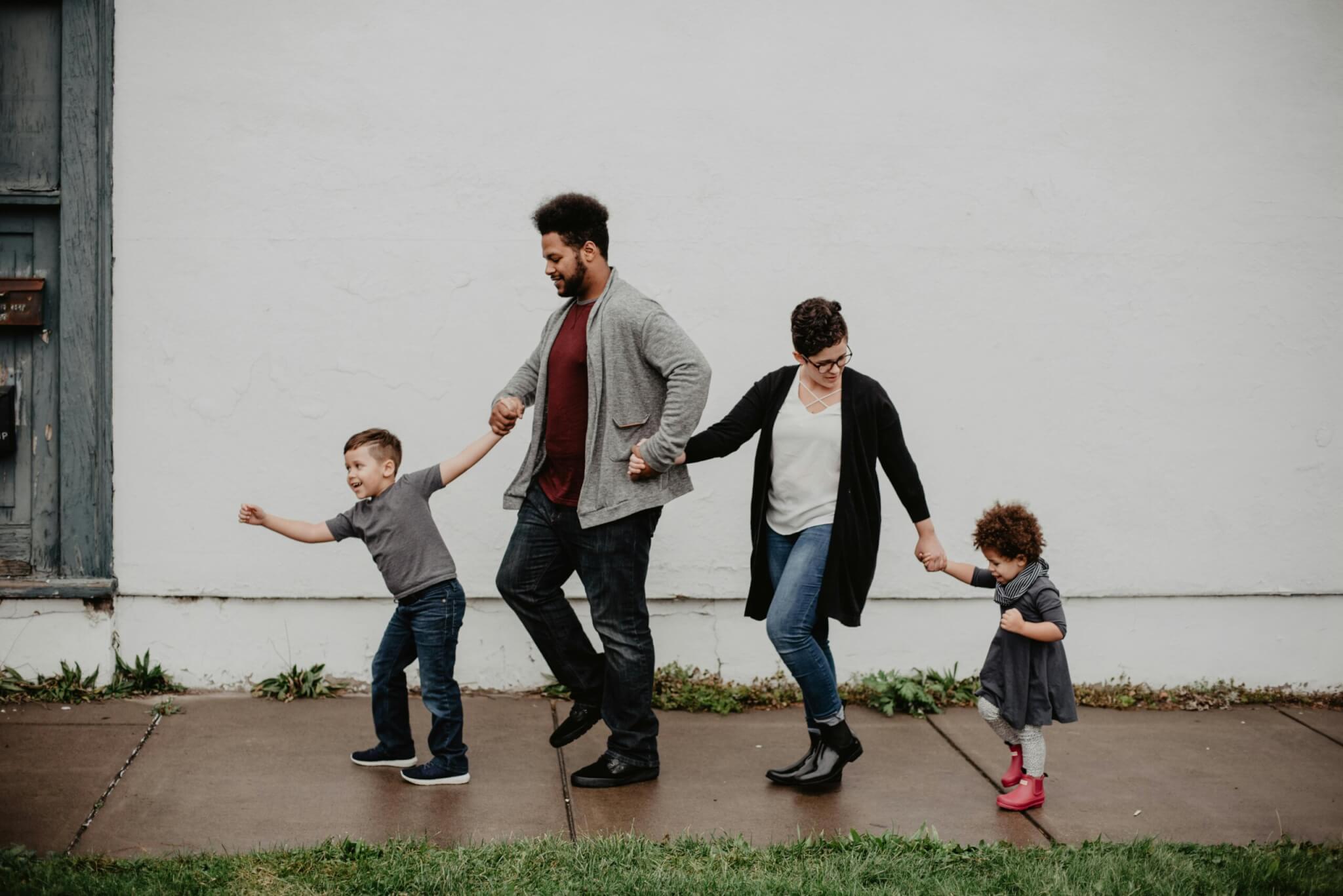In a world filled with uncertainty and constant change, establishing routines for children can be a powerful tool for promoting mental health. As parents and caregivers, we can create a sense of stability and predictability that supports our children’s emotional well-being. Systemic psychology emphasizes the interconnectedness of family dynamics, suggesting that routines not only benefit children but also enhance the overall health of the family unit.

The Importance of Routines
Research consistently shows that routines provide children with a structured environment, which is crucial for their development. A study found that children with regular daily routines exhibit fewer behavioral problems and lower levels of anxiety. This stability allows children to understand what to expect throughout their day, reducing feelings of stress and fostering a sense of security.
Furthermore, routines help children develop essential life skills, such as time management and self-discipline. When children know what comes next, they can focus their energy on engaging with the world around them rather than worrying about what might happen.

Routines and Mental Health
The benefits of routines extend beyond mere organization. According to a study from the Journal of Family Psychology, families that maintain consistent routines report higher levels of emotional well-being and lower levels of stress. This is particularly important for children, as it helps them develop resilience in the face of challenges.
Routine activities, such as mealtimes, homework, and bedtime, serve as anchors in a child’s day, helping them navigate emotional ups and downs. For parents, establishing these routines can alleviate stress, allowing them to focus on nurturing their children’s emotional needs without the added burden of chaos.

Creating Simple, Flexible Routines
While the benefits of routines are clear, it’s essential to create routines that are both simple and flexible. Here are some practical tips to help you design routines that support mental health for both children and parents:
– Start Small: Focus on incorporating one or two routines at a time. For example, establish a consistent morning ritual that includes a short family discussion about the day ahead or a moment of mindfulness.
– Involve Your Children: Engage your children in the process of creating routines. Ask them what activities they enjoy or what they would like to see in their daily schedule. This involvement fosters a sense of ownership and investment in their routines.
– Be Flexible: Life is unpredictable, and flexibility is key. Allow for adjustments in the routine based on your family’s needs. If a scheduled activity doesn’t work one day, it’s okay to adapt and find a new approach.
– Incorporate Fun: Routines don’t have to be boring! Include activities that your children enjoy, such as family game nights or outdoor playtime. This makes the routine something they look forward to rather than a chore.
– Practice Mindfulness: Integrate moments of mindfulness into your routines, such as deep breathing exercises or gratitude sharing. These practices can help manage anxiety and promote emotional regulation.
– End with Connection: Conclude each day with a family check-in, where everyone shares their highlights and challenges. This creates a supportive environment that fosters open communication and emotional connection.

The Broader Impact
As you establish these routines, consider the broader implications for your family. A stable routine not only benefits your children but also enhances your own well-being as a parent. By fostering a structured environment, you create space for emotional growth, resilience, and connection.
Explore the Emotional Kaleidoscope Program
The Emotional Kaleidoscope program offers an opportunity to explore these concepts further. It encourages parents to embrace the full spectrum of emotions, helping you to support your children while nurturing your own emotional health.
